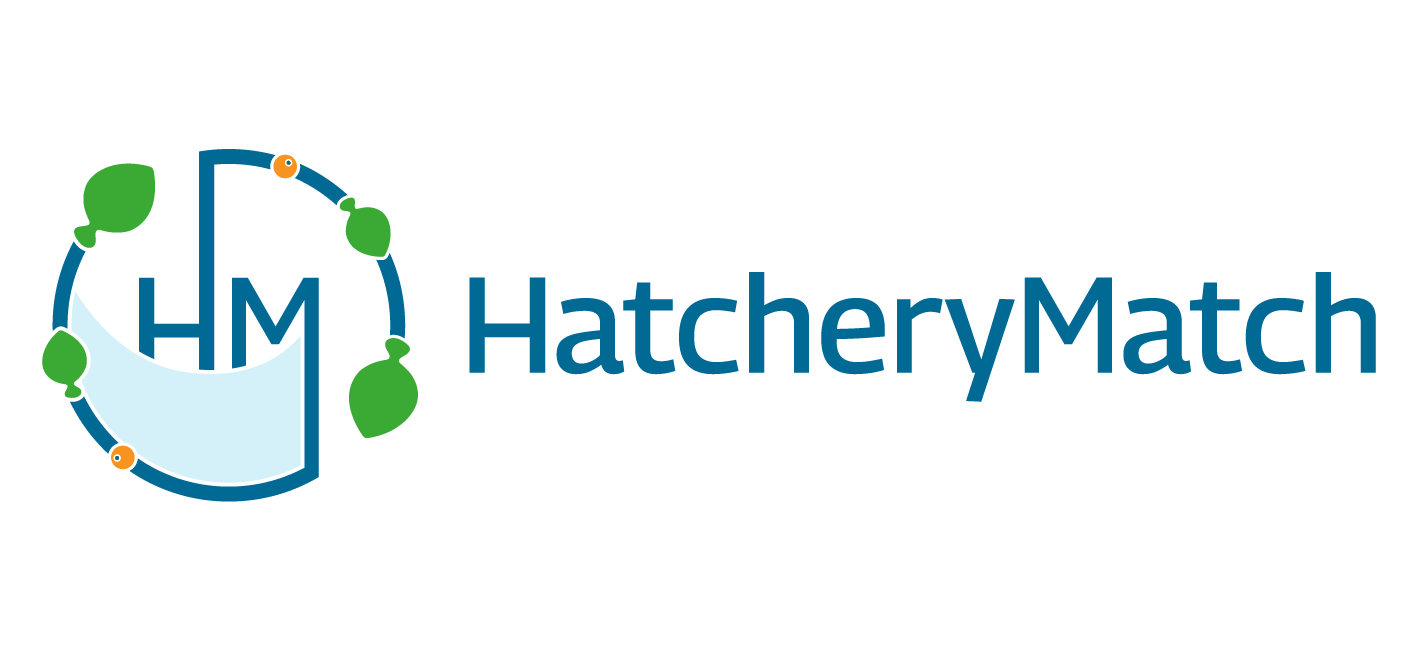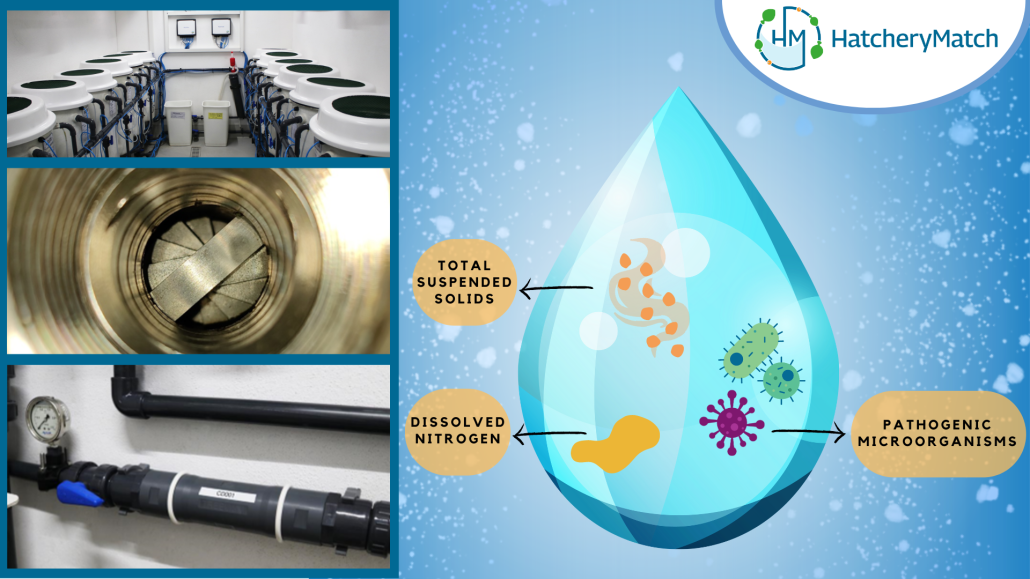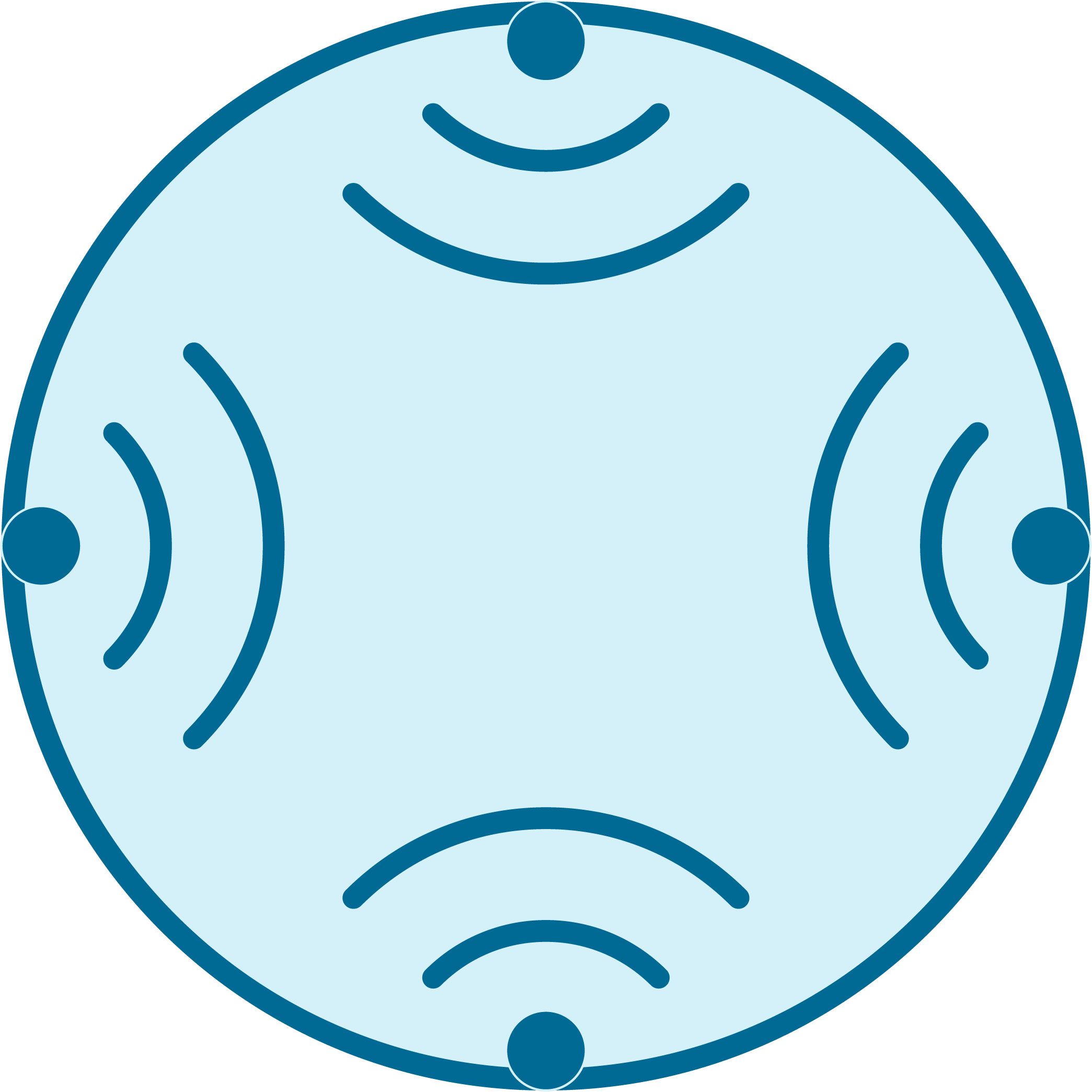How can novel technologies be used to disinfect seawater without damaging fragile larvae and juvenile fish?
Using clean water and maintaining fish welfare are two of the most important aspects of growing fish at the highly vulnerable hatchery and nursery stages. To address this challenge, researchers at Malta-based #HatcheryMatch project partner AquaBioTech Group have recently collaborated with partners at the University of Malta and completed a series of trials seeking potential solutions to issues related to #water quality and welfare commonly seen at these stages. Hydrocavitation technology is commonly used in the food industry to increase food safety by using pressure differences to expand cavitation bubbles that eventually rupture to extract, emulsify, or pasteurize a given liquid. Researchers at AquaBioTech applied this technology to RAS to test its capacity to reduce the presence of suspended solids, dissolved nitrogen compounds (NH4, NO2, and NO3), and pathogenic microorganisms in a recirculating system housing hatchery stage European seabass.
Over the course of a 4 week long trial, use of the hydrocavitation device displayed no negative impacts on fish health, growth, and survival, with no bacterial growth observed on the fish. The device also proved effective at reducing the number of bacteria observed in the system water. Slightly reduced NO3 values were observed while using the device, with NH4 and NO2 values remaining consistent.
We are looking forward to the promising capabilities of this technology, and we can’t wait to see it in action with the other innovations being developed by the project!
For more updates on our project visit our LinkedIn
Project HatcheryMatch funded by the Malta Council for Science and Technology through the Sino-Malta Fund 2020 (Science and Technology Cooperation). An Automated Marine Fish Hatchery with Innovated Water Recirculation Technologies (HatcheryMatch, Grant No. 2020YFE0108700, also funded by the Ministry of Science and Technology, China.



